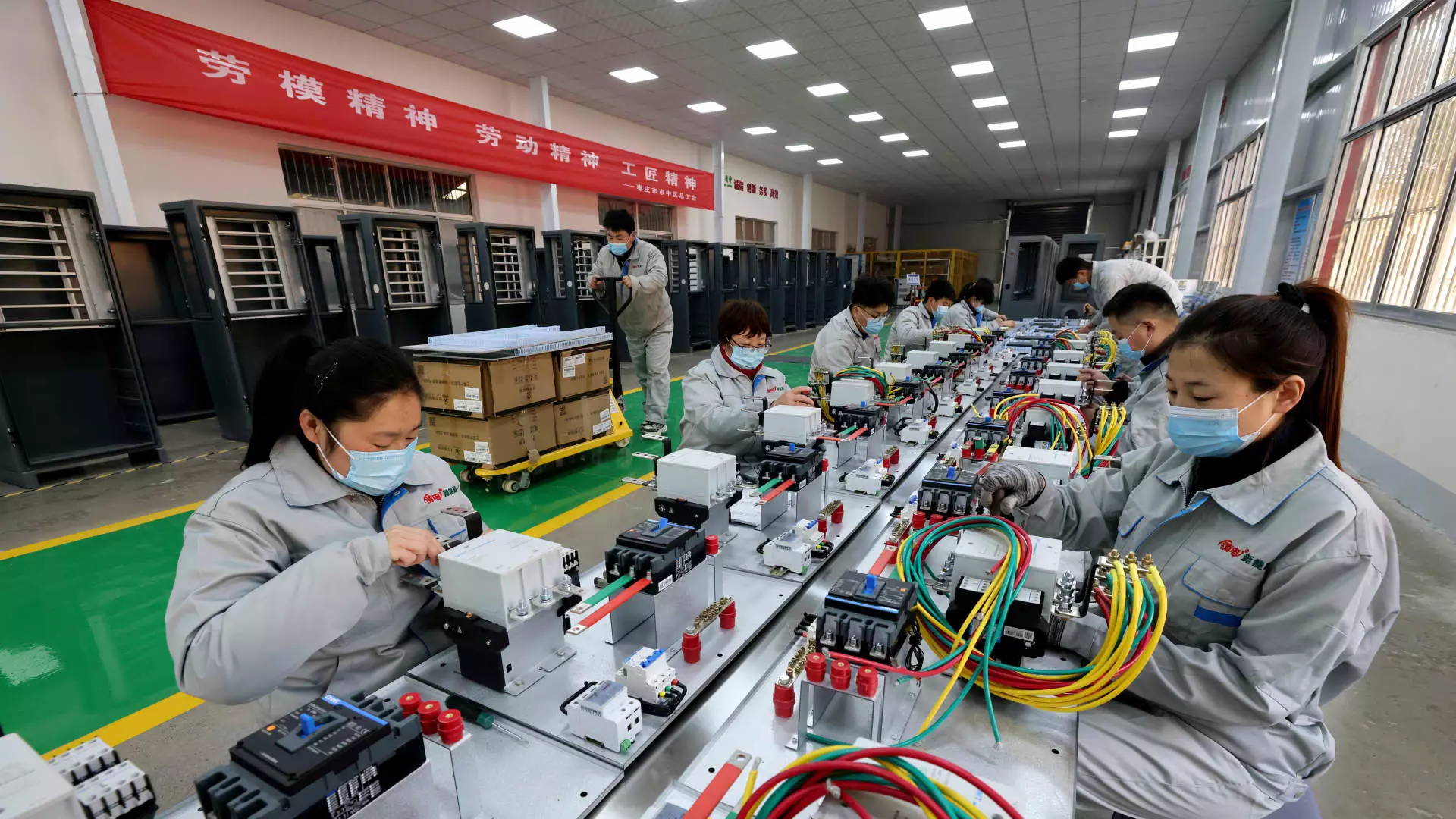Recent dialogues surrounding investment strategies have prompted investors to reassess their positions, particularly regarding emerging markets. Among the most scrutinized is China, currently viewed by some financial experts as a potentially precarious investment. Perth Tolle, founder of Life + Liberty Indexes, has emerged as a vocal critic of China’s economic model, pointing to its inherent unsustainability. According to Tolle, the historical assumption that China’s capitalism would naturally lead to a democratic society is flawed. She emphasizes that while economic freedom plays a critical role in fostering personal liberties, it alone is not enough to guarantee them.
Tolle’s insights come at a time when her own investment vehicle, the Freedom 100 Emerging Markets ETF, has recorded significant gains—over 43% since its inception in May 2019. In stark contrast, the iShares China Large-Cap ETF, which reflects the performance of major Chinese companies, has lagged in comparison. Notably, Tolle’s ETF has consciously ruled out investing in China. This strategic choice illuminates a growing hesitancy among seasoned investors to back China’s economic prospects.
Migrating from Political Clout to Economic Viability
Tolle’s personal journey adds depth to her investment philosophy. Having spent part of her formative years in Beijing, she recounts a pivotal phase of her career at Fidelity Investments, where the allure of the Chinese market held sway over many clients. Despite her reservations, the overwhelming demand for Chinese investments from clients compelled her to navigate a complicated dance of personal ethics versus client expectations. In recollecting conversations with clients from Russia who expressed deep discomfort with investing in their homeland, Tolle illustrates a cautionary tale that resonates deeply in today’s geopolitical climate.
She argues that economies reliant on political autocracy often end up stifling growth. For Tolle, prioritizing investments in emerging markets that embrace broader freedoms is not merely a strategic advantage—it’s a necessary condition for sustained economic vitality.
The Broader Implications of Avoiding China
Echoing her sentiments, ETF investor Tom Lydon has also identified China as a risky venture. He insists that steering clear of the Chinese market has historically resulted in lower volatility and more robust performance for the portfolios of investors. The broader implications here suggest a paradigm shift for investors, who may now need to prioritize political stability and individual freedoms when choosing where to allocate their resources in emerging markets.
The evolving investment landscape underlines a crucial narrative: to thrive in an increasingly interconnected world, investors must balance their desire for significant returns with a critical lens toward the underlying socio-political contexts of their investments. As global markets continue to fluctuate, the caution raised by Tolle and Lydon serves as a timely reminder of the intricate interplay between economic opportunities and the moral imperatives that underpin them.
The call for a strategic retreat from China underscores the urgency for investors to find a middle ground between profitability and ethical responsibility in their investment horizons.

